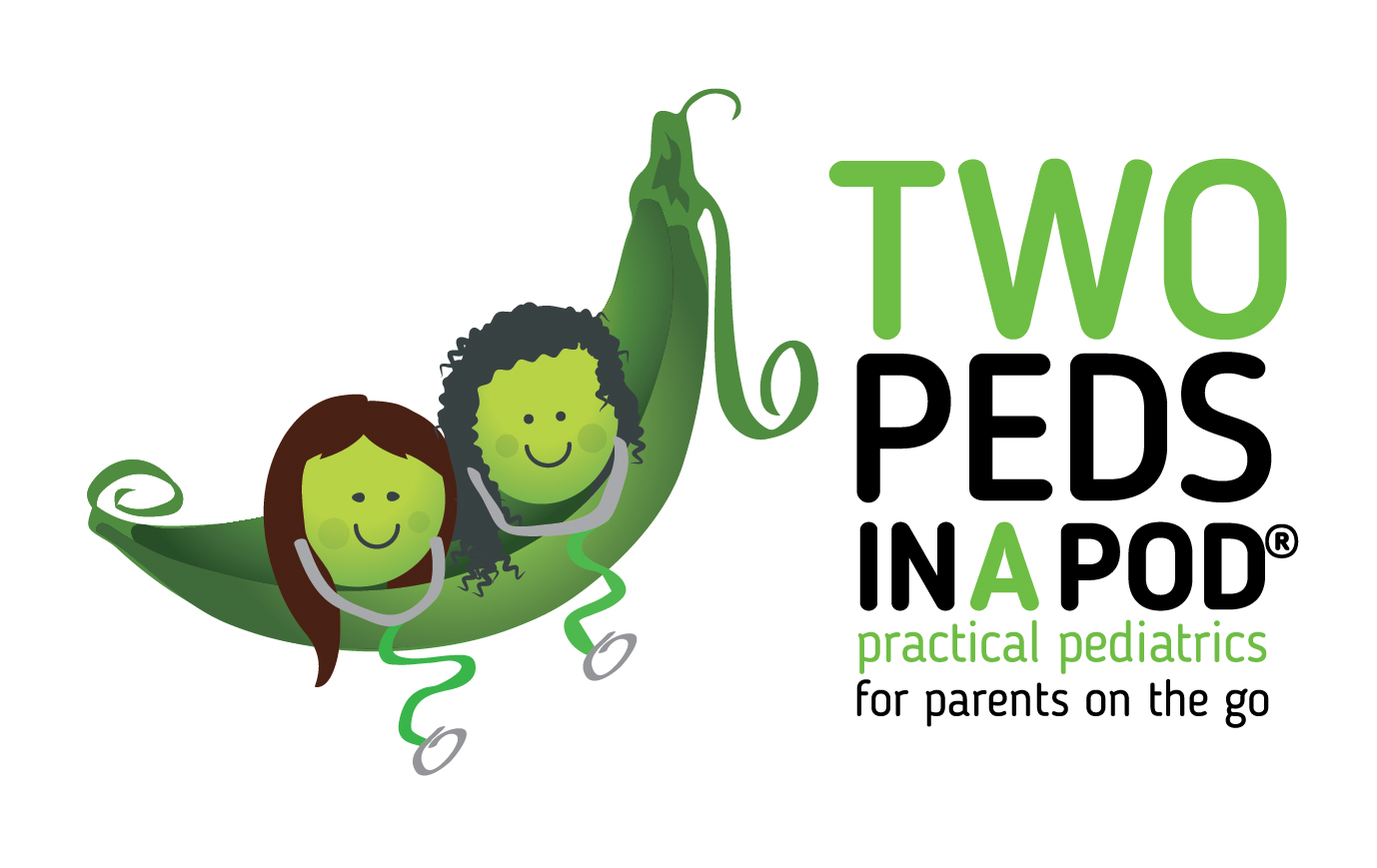
We welcome our guest blogger, Virginia Li, who addresses questions surrounding language delay.
Naline Lai, MD and Julie Kardos, MD
My 18-month old isn’t talking yet. Should I be worried? When is the right time to seek help?
This situation troubles both new and seasoned parents. Children generally speak their first words around their first birthdays, and string words together by the time they turn two. But what should you do if your child isn’t quite reaching these milestones? While well-intentioned friends and family might tell you not to worry, it’s never too early to voice your concerns and seek a professional evaluation.
Take note of your child’s progress in other areas of language development by asking yourself these questions:
- Does your child appear to understand what you’re saying?
- Can he or she follow simple commands?
- Is your child using body language to communicate needs and wants?
Children who are behind in any of these areas are at risk for persistent language delays. On the other hand, if you’re answering yes to all of these questions, there is a good chance that your child is a “late talker” who is delayed in spoken language but otherwise developing normally.
While 70 to 80 percent of late talkers will soon catch up to their peers[1], the ones who don’t are at risk for future setbacks in school and will face further frustrations from being unable to express their needs and wants. It is hard to predict which children will outgrow their delay, and the “wait and see” method only postpones treatment for those children with true language disorders.
In any case, if your child is not reaching speech and language milestones, trust your instincts, talk to a health care provider, and schedule a screening with a licensed speech-language pathologist. Children in the United States under 3 are eligible for a free evaluation through their local Early Intervention program. The earlier a language issue is identified and treated, the better chance your child has of improving with speech therapy. And if it turns out therapy won’t be necessary, you can relax sooner rather than later.
Meanwhile, there’s plenty you can do to support those budding language skills at home. Talk to your child throughout the day, pairing words with familiar activities and objects. Point out and describe pictures while you read together, and always encourage your child’s use of sounds and gestures. Giving your child lots of opportunities to communicate with you each day will have benefits that last a lifetime.
Virginia Li
©2013 Two Peds in a Pod®
—
Virginia Li is a communications associate at Pathways.org, a national not-for-profit organization dedicated to providing free resources and information for families and health professionals on children’s motor, sensory, and communication development. The Pathways.org Baby Growth and Development Chart has been recognized and endorsed by the American Academy of Pediatrics and the National Association of Pediatric Nurse Practitioners, and additional educational materials are available online to download, copy, and share freely. For more information, please visit Pathways.org, email [email protected], or call our toll-free parent-answered hotline at 1-800-955-CHILD (2445).



